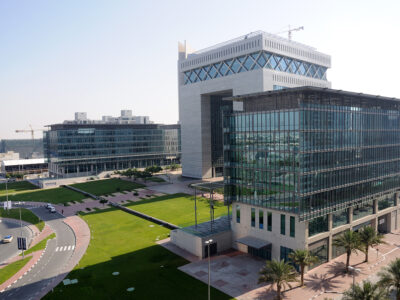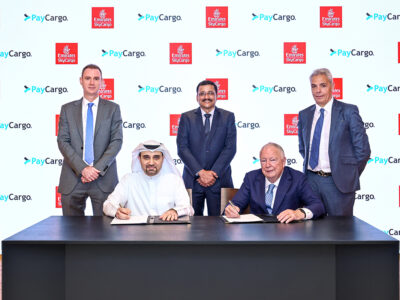The introduction of the new corporate tax will bring about a huge change in the business culture and practices in the UAE, contributing positively to the country’s economy, the finance ministry’s undersecretary told Arabian Business on Thursday.
The ministry announced two new decisions for free zone companies at a press conference in Abu Dhabi on Thursday where it clarified how the tax regime will work.
“The UAE announced the corporate tax 18 months ago but it went into force today. The importance of the taxation is it will provide the government with another income stream that is more linked to the business activities,” Younis Haji Al Khoori, Undersecretary of the Ministry of Finance, told Arabian Business.
Read More on the Topic:
- New UAE tax ‘no surprise,’ but businesses need to prepare, experts say
- UAE corporate tax ‘inevitable and necessary,’ say IFZA bosses
- UAE announces new corporate tax relief rules for businesses
“The further the expansion of the economy, the more businesses you see within the UAE, the more income will be made by the UAE government.”
New decisions on corporate tax
The government announced two new decisions on Thursday: Cabinet Decision No. 55 of 2023 and Ministerial Decision No. 139 of 2023 to clarify on the conditions and qualifying income that enable businesses to benefit from the Free Zone Corporate Tax regime.
The move comes at the Gulf country aims to diversify its economy away from its reliance on oil and solidify its position as a regional hub for business.
“Quite important is that the UAE will have more direct interactions with the private sector through the collections of taxes which will come towards the end of the year,” Al Khoori added.
He emphasised the strategic importance of the tax regime in supporting the country’s financial and economic sectors.
“There will be a huge change in the [business] culture itself and in business practices.”

The Free Zone Corporate Tax regime applies to juridical persons incorporated or registered in a Free Zone, limited to specific areas within those zones.
“The regime has been designed to ensure that strategic sectors will thrive in the free zones,” said Shabana Begum, the ministry’s executive director for tax policy said at a media briefing on Thursday when she was asked if tax exemptions would encourage companies to relocate to freezones.
Businesses can confirm their eligibility for the 0 percent rate by contacting their Free Zone Authority. The regime applies to income derived exclusively from activities conducted within a Free Zone, including transactions with other Free Zone Persons and domestic or foreign sourced income from qualifying activities.
Qualifying activities and exemptions
Qualifying activities include manufacturing, processing, holding of shares and securities, ship operation, reinsurance services, regulated fund and investment management services, treasury and financing services to related parties, aircraft financing and leasing, logistics services, designated zone distribution, and ancillary activities.
Certain excluded activities, such as transactions with natural persons, income from regulated financial services, income from intangible assets, and income from immovable property (excluding commercial property in a Free Zone), are not considered qualifying income.
If a Free Zone Person earns income from excluded activities or other non-qualifying income, they will be disqualified from the regime unless the revenue meets de minimis requirements. De minimis revenue should not exceed either 5 percent of total revenue or AED 5,000,000.
Revenue from permanent establishments outside the Free Zone and revenue from immovable property within the Free Zone that does not qualify for the regime will not be counted towards the de minimis threshold. Instead, the associated taxable income will be subject to the regular UAE corporate tax rate of 9 percent.
Failure to meet the de minimis requirements or other qualifying conditions will result in the Free Zone Person losing the benefits of the Free Zone Corporate Tax regime for a minimum of five years. During this period, they will be treated as an ordinary Taxable Person and subject to a 9 percent corporate tax rate on taxable income above AED 375,000.









